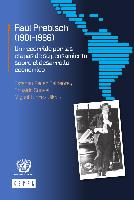- Biblioteca CEPAL
- Biblioguias
- biblioguias_en
- 75 years of ECLAC and ECLAC thinking
- The 2010s: equality at the centre of sustainable development
75 years of ECLAC and ECLAC thinking
The 2010s: equality at the centre of sustainable development
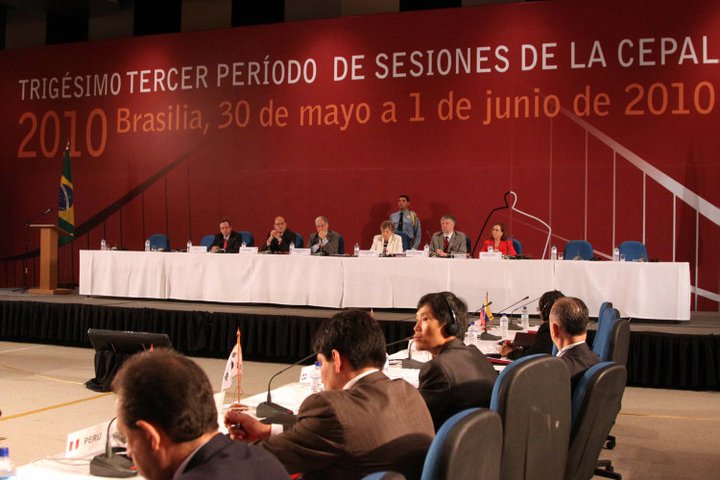
Thirty-third Period of Sessions of ECLAC, Brasilia on May 30, 2010
The Thirty-third Period of Sessions of ECLAC in Brasilia, Brazil, between May 30 and June 1, 2010. The session is the most important biennial meeting of ECLAC.
Brasilia, May 30 to June 1, 2010
Credit: Carlos Humberto / ECLAC, United Nations
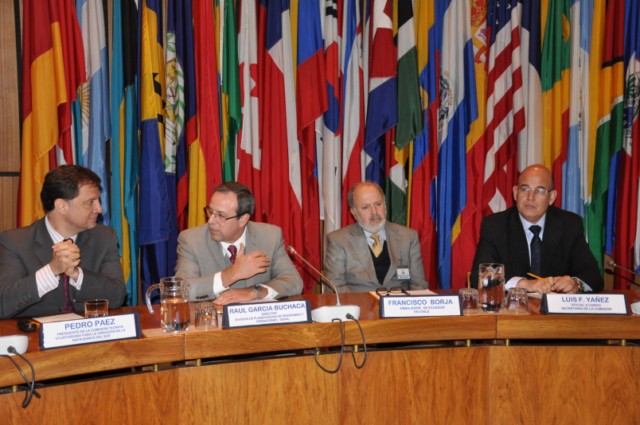
New regional financial architecture in the face of a global crisis
Pedro Páez, prominent Ecuadorian Economist (left) with Raúl García-Buchaca, Officer in Charge of ECLAC, Francisco Borja Cevallos, Ambassador of Ecuador in Chile and Luis Yáñez, Officer in Charge of the Commission's Secretariat.
ECLAC, Santiago, July 7, 2011
Credit: Alejandro Morales/ECLAC, United Nations
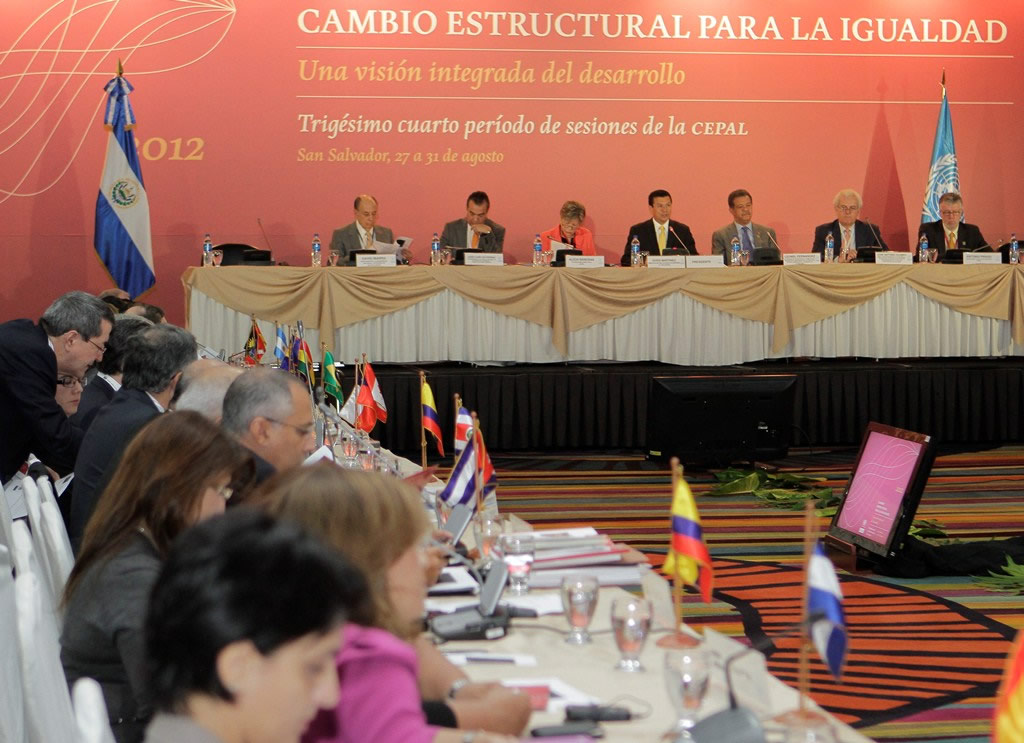
Thirty-fourth Period of Sessions of ECLAC: Presentation of the document "Structural Change for Equality"
The Executive Secretary of ECLAC, Alicia Bárcena, presented the document "Structural change for equality: An integrated vision of development", within the framework of the thirty-fourth session of ECLAC that was held in El Salvador.
El Salvador, August 23, 2012
Credit: Mario Pascasio
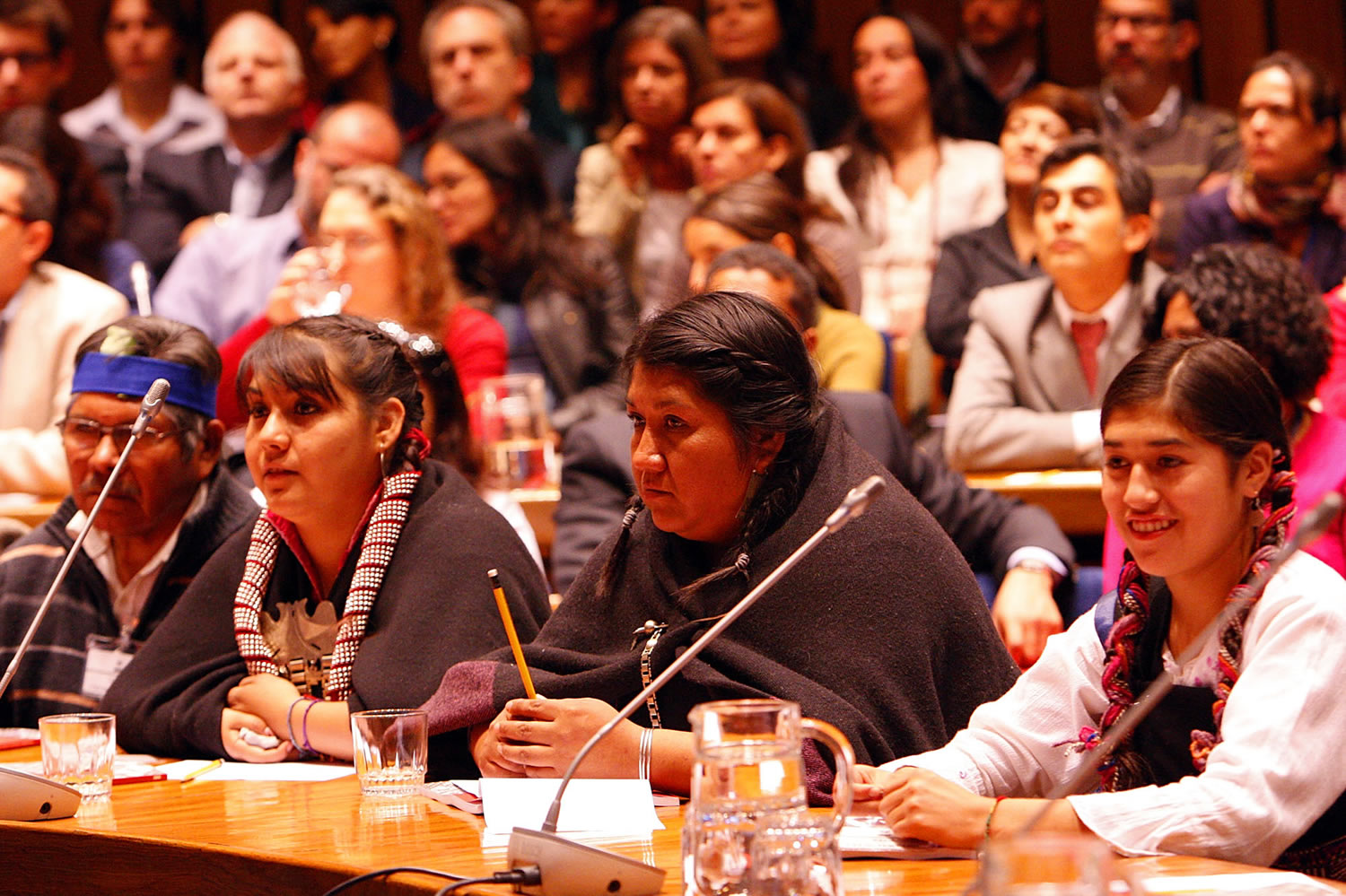
ECLAC presents a document that examines social gaps in the context of the indigenous rights of the Mapuche communities of Ercilla
Representatives of the Mapuche people who attended the presentation of the joint ECLAC-ATM document "Territorial inequalities and social exclusion of the Mapuche people in Chile: Situation in the Ercilla commune from a rights-based approach." (Only available in Spanish: Desigualdades territoriales y exclusión social del pueblo mapuche en Chile: Situación en la comuna de Ercilla desde un enfoque de derechos")
Santiago, April 11, 2012
Credit: Carlos Vera/ECLAC
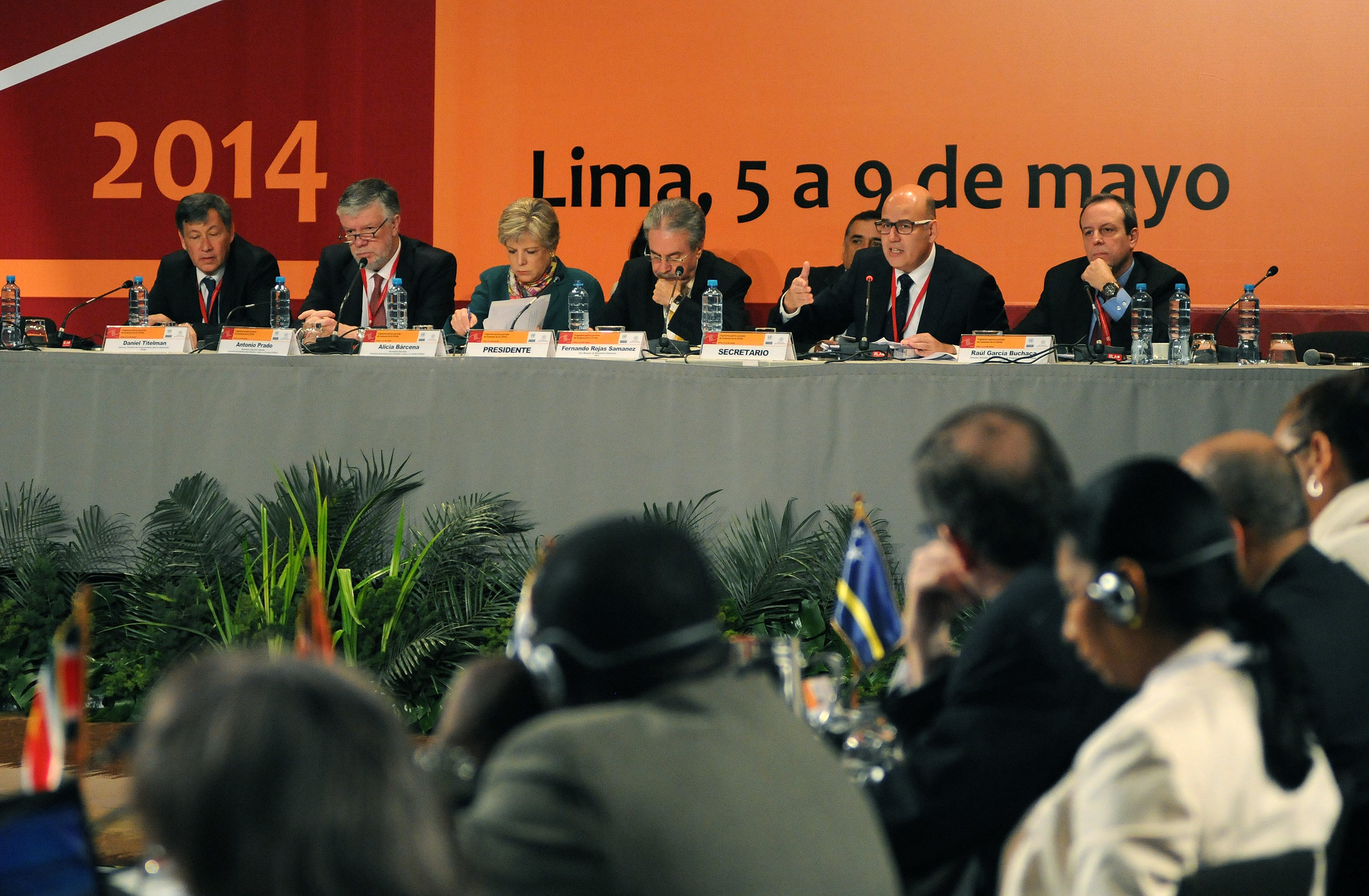
Thirty-fifth Period of Sessions of ECLAC: Committee on South-South Cooperation
From left to right, the Director of ECLAC's Financing for Development Division, Daniel Titelman; the Deputy Executive Secretary of ECLAC, Antonio Prado; the Executive Secretary of ECLAC, Alicia Bárcena; the Vice Minister of Foreign Affairs of Peru, Juan Fernando Rojas Samanez; the Officer in Charge of the ECLAC Commission Secretariat, Luis Yañez, and the Director of the Program and Operations Planning Division, Raúl García-Buchaca, participate in the South-South Cooperation Committee, within the framework of the Thirtieth fifth session of ECLAC that took place in Lima.
Lima, Peru, May 7, 2014
Credit: Daniel Malpica/Peru Ministry of Foreign Relations

Visit of the UN Secretary-General Ban Ki-moon to Chile
From left to right, Susana Malcorra, Chief of Staff of the Secretary General, Alicia Bárcena, Executive Secretary of ECLAC, Ban Ki-moon, UN Secretary-General, and Antonio Molpeceres, Resident Coordinator of the United Nations System in Chile.
Santiago, March 4, 2015
Credit: Carlos Vera/ECLAC, United Nations
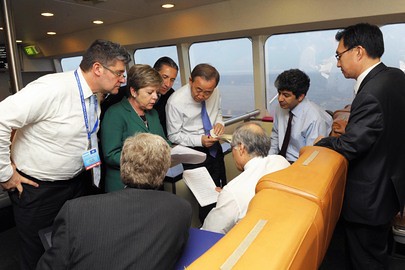
Ban Ki-moon highlights contributions of South American countries to the global agenda
The UN Secretary-General, Ban Ki-moon, the Executive Secretary of ECLAC, Alicia Bárcena, and other members of the entourage traveling from Buenos Aires to Montevideo.
June 15, 2015,
Credit: Evan Schneider/UN Photo
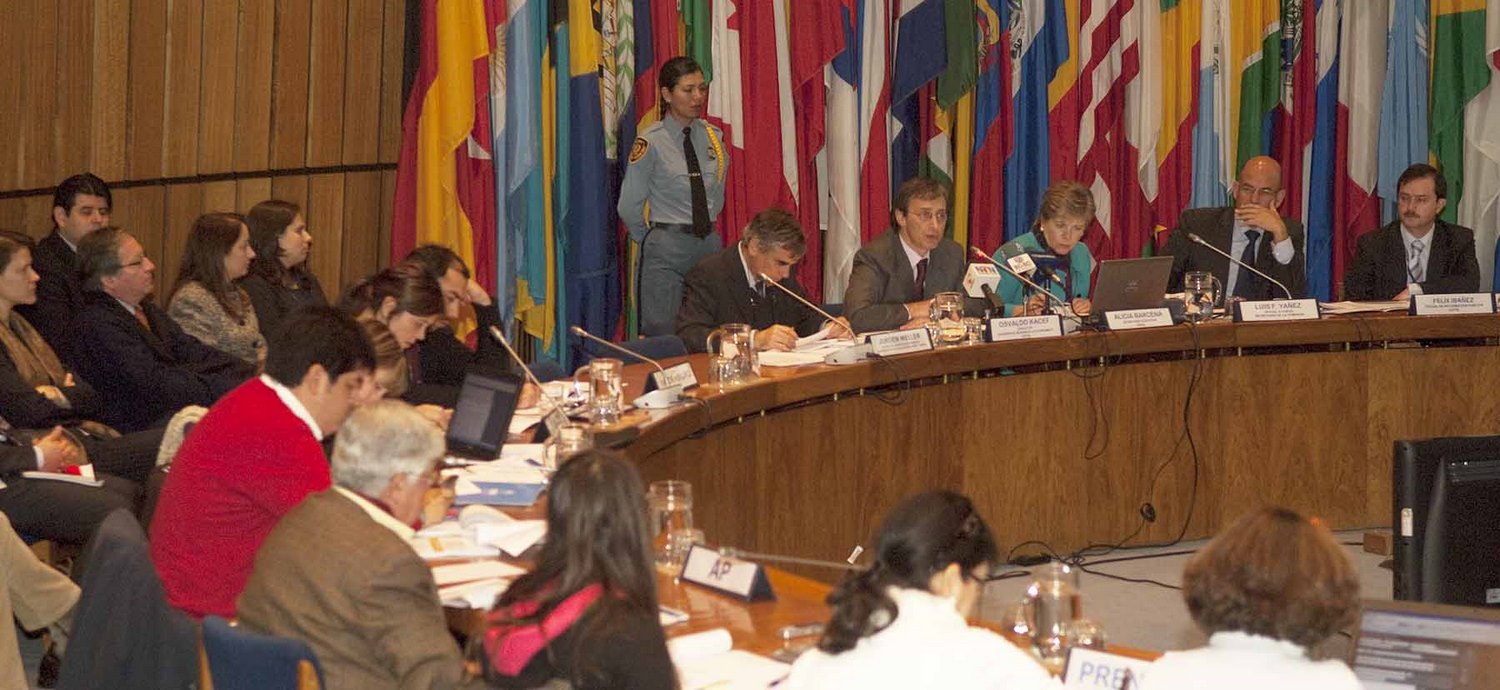
Economic Survey of Latin America and the Caribbean 2010-2011
Journalists attending the press conference at ECLAC.
Santiago, March 18, 2015
Credit: Alejandro Hoppe/ECLAC, United Nations
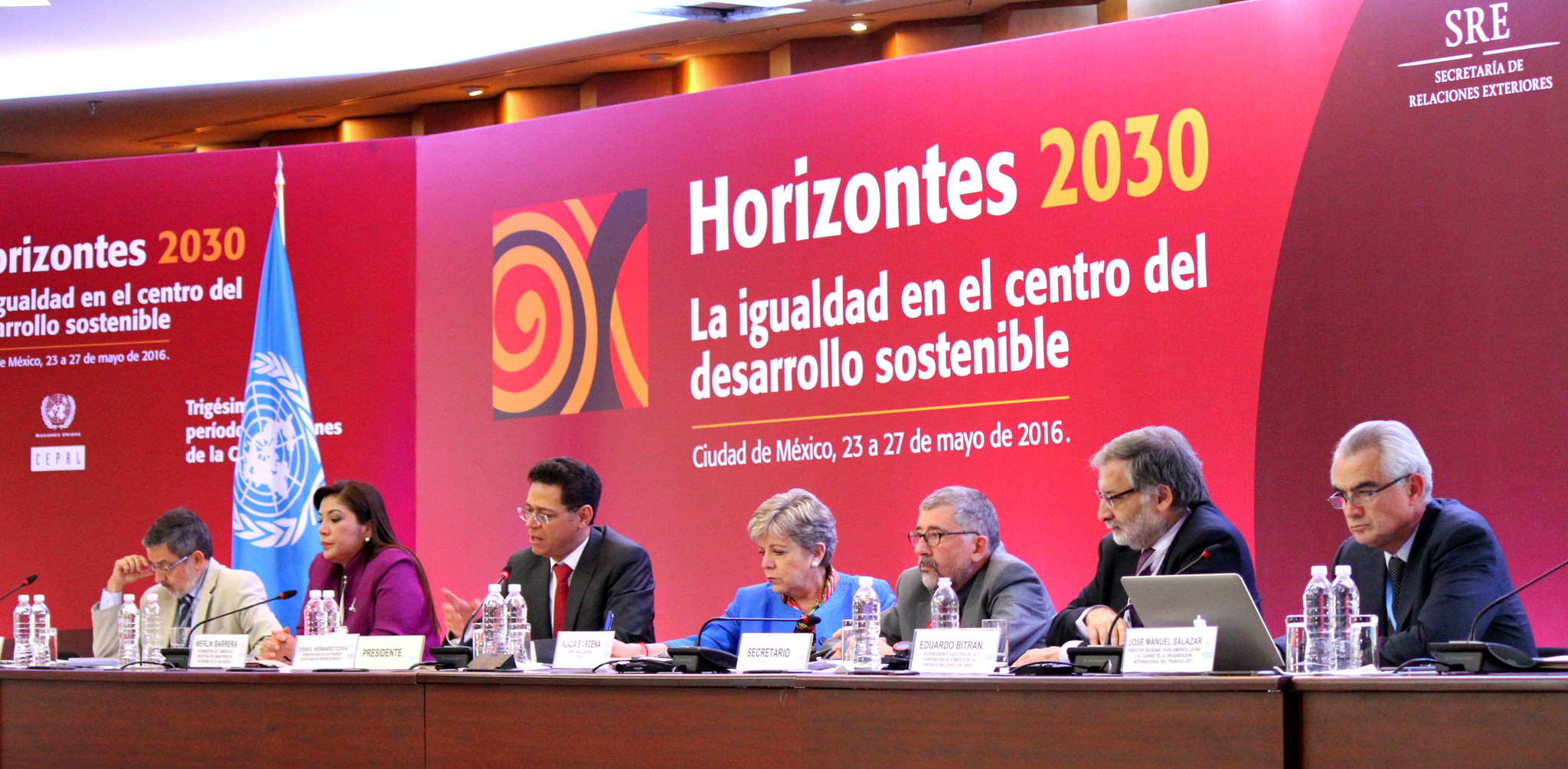
36th session ECLAC - High Level Seminar
Participants in the second panel of the high-level seminar on industrial policy for structural change.
Mexico City, May 26, 2016
Credit: Jorge Nájera/ECLAC
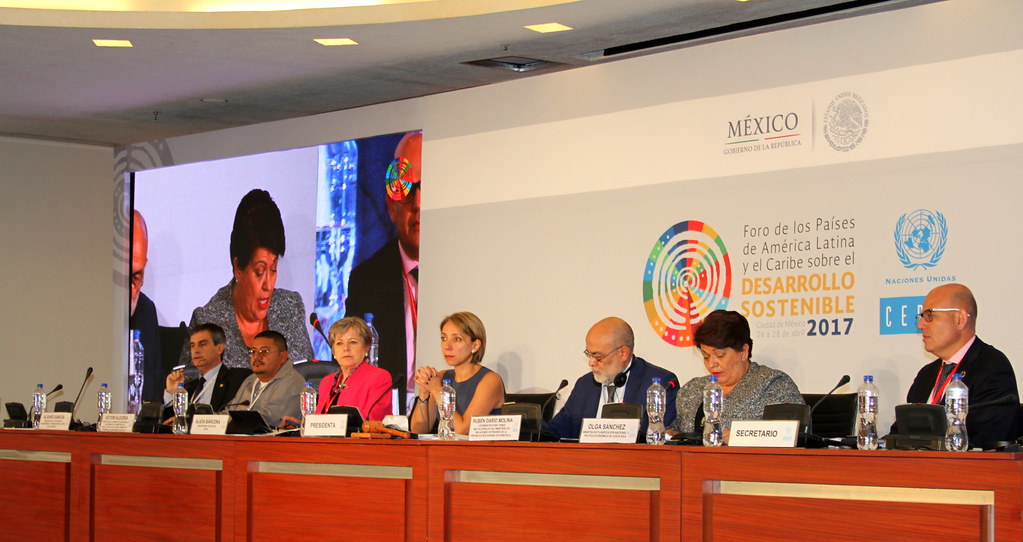
Forum of the Countries of Latin America and the Caribbean on Sustainable Development
The first meeting of the Forum of the Countries of Latin America and the Caribbean on Sustainable Development was held in Mexico City from April 26 to 28, 2017, under the auspices of ECLAC. Table 3 on peer learning on voluntary national exams.
Mexico City, April 27, 2017
Credit: ECLAC, United Nations
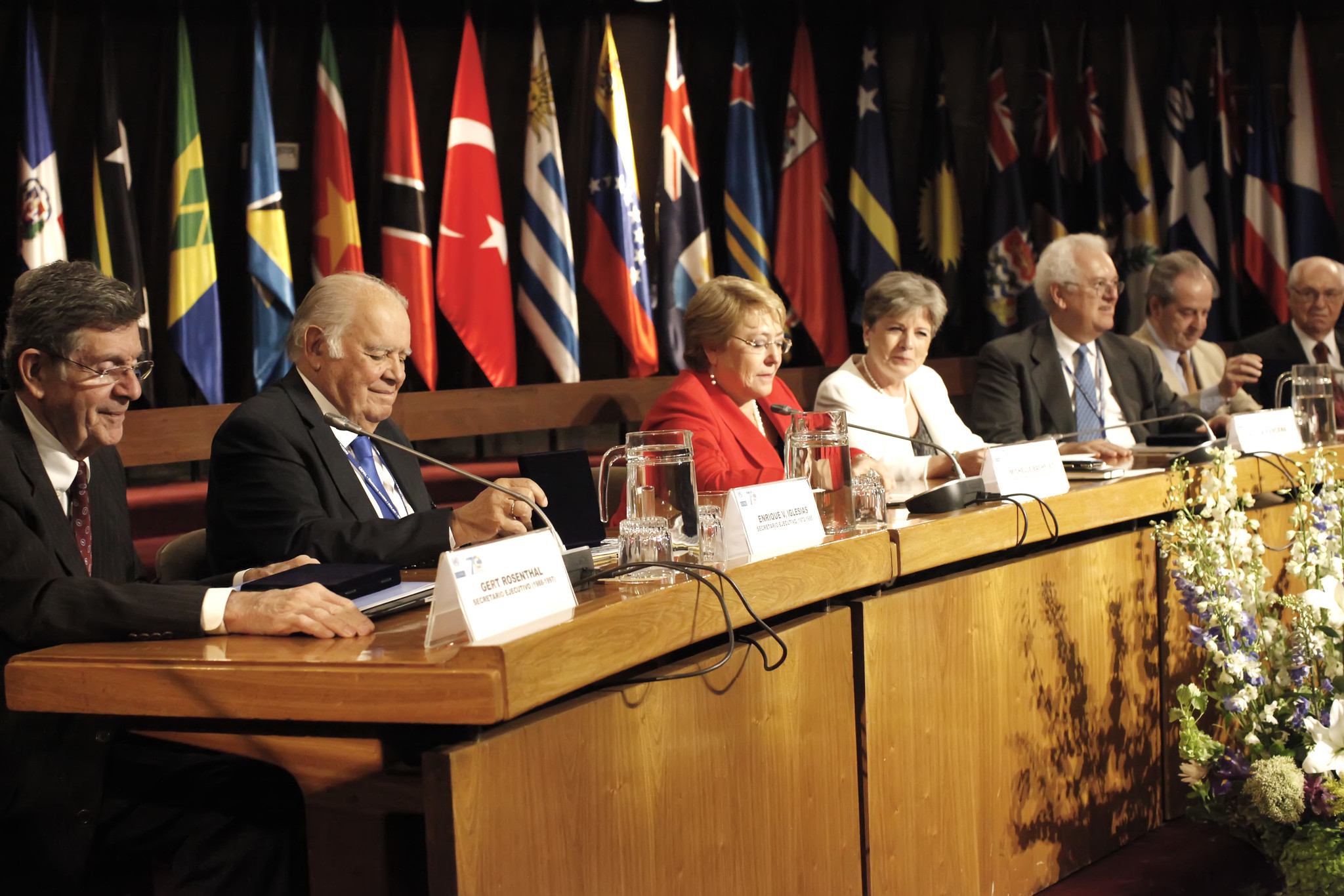
ECLAC 70th anniversary seminar
From left to right: Gert Rosenthal, former Executive Secretary of ECLAC (1988-1997); Enrique Iglesias, former Executive Secretary of ECLAC (1972-1985); Chilean President, Michelle Bachelet; the current ECLAC Executive Secretary, Alicia Bárcena; José Antonio Ocampo, former Executive Secretary of ECLAC (1998-2003); José Luis Machinea, former Executive Secretary of ECLAC (2003-2008) and Osvaldo Sunkel, Director of the CEPAL Magazine.
ECLAC, Santiago, January 10, 2018
Credit: Carlos Vera/ECLAC

Thirty-seventh Period of Sessios of ECLAC begins with a call to intensify the fight against inequality
Havana, Cuba. May 7-11, 2018
Credit: ECLAC, United Nations

Signature and/or ratification ceremony of the Escazú Agreement at the 74th General Assembly of the United Nations
Ceremony held in the Treaty Event Area (“Kuwaiti boat”) in the General Assembly building. New York, September 27, 2018.
Credit: ECLAC, United Nations

Representatives of the 21 nations in the first meeting of signatories of the Escazú Agreement
Meeting of Signatories of the Escazú Agreement.
San José, Costa Rica, October 12, 2019.
Credit: ECLAC, United Nations

Concern for equality has been present in the thinking of ECLAC throughout its history, but it played a central role in the 2010s, as expressed and established in the set of documents known as “the equality trilogy”. Deepening of democracy called for greater equal opportunities and rights in the Latin American and Caribbean region, including equal access to education, health, employment, housing, basic services, environmental quality and social security.
When the 2030 Agenda for Sustainable Development was adopted by all of the Member States of the United Nations in New York in September 2015, as a shared plan for peace and prosperity for people and the planet, for that time and for the future, a historic opportunity opened up for Latin America and the Caribbean. With the 17 Sustainable Development Goals (SDGs) at its heart, the agenda addresses some of the region’s most urgent priorities, such as ending extreme poverty, reducing inequality in all its dimensions, promoting inclusive economic growth with decent work for all, creating sustainable cities and mitigating climate change. The priority objective is to work for sustainable development that leaves no one behind.
In 2018, ECLAC proposed strategic guidelines to increase the dynamic efficiency of Latin American and Caribbean economies on the basis of equality. In view of the rapid changes and growing uncertainties in the world economy, ECLAC called for greater public and private investment in an environmental big push to diversify its productive structure and even out its structural disparities.
In the interest of greater participation, inclusion and environmental awareness, on 4 March 2018, the countries of the region adopted the Regional Agreement on Access to Information, Public Participation and Justice in Environmental Matters in Latin America and the Caribbean in Escazú, Costa Rica. The origins of the Agreement lie in the United Nations Conference on Sustainable Development (Rio+20) held in 2012, with the adoption of the Declaration on the application of Principle 10 of the Rio Declaration on Environment and Development. The Escazú Agreement is an unprecedented treaty that seeks to ensure a healthy environment and sustainable development for present and future generations through more informed, participatory, just and inclusive societies.
Selected Text 2010-2017
“ While concerns about equality have been a historically constant element in the thinking of the Economic Commission for Latin America and the Caribbean (ECLAC), they have moved to the fore since 2010, as established and explained in the set of documents known as the equality trilogy (ECLAC, 2010, 2012 and 2014a), and in 2016 were expanded with the analysis of the main challenges that the region faces in accomplishing the Goals of the 2030 Agenda for Sustainable Development”. (Social Panorama of Latin America 2016, CEPAL, 2017, pág. 47 )
Position Papers of the Sessions of the Commission
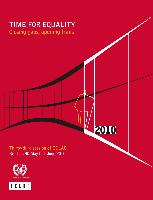
Time for equality: closing gaps, opening trails (2010)
UN Symbol: LC/G.2432(SES.33/3)
Publication date: 2010
Thirty-third session of ECLAC , Brasilia, May 30-June 1, 2010.

Structural change for equality: an integrated approach to development (2012)
UN Symbol: LC/G.2524(SES.34/3)
Publication date: 2012
Thirty-fourth session of ECLAC, San Salvador, August 27-31, 2012.
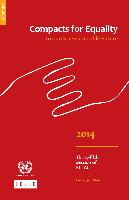
Compacts for Equality Towards a Sustainable Future (2014)
UN Symbol: LC/G.2586(SES.35/3)
Publication date: 2014
Thirty-fifth session of ECLAC | Lima, 5-9 May 2014.
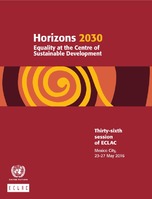
Horizons 2030: Equality at the centre of sustainable development (2016)
UN Symbol: LC/G.2660(SES.36/3)
Publication date:: 2016-03
Thirty-sixth session of ECLAC | Mexico City, 23-27 May 2016
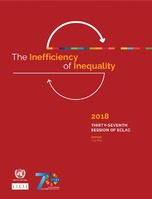
The Inefficiency of Inequality (2018)
UN Symbol: LC/SES.37/3-P
Publication date: 2018-05
French - Synthèse
Portuguese - Síntese
Thirty-seventh session of ECLAC | Havana, 7 to 11 May 2018
Featured Documents
-
-
 Los fundamentos de la planificación del desarrollo en América Latina y el Caribe: textos seleccionados del ILPES (1962-1972)
Publication Date: 2012Libros de la CEPAL, No. 116
Los fundamentos de la planificación del desarrollo en América Latina y el Caribe: textos seleccionados del ILPES (1962-1972)
Publication Date: 2012Libros de la CEPAL, No. 116 -
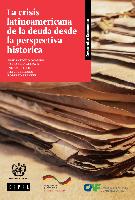 La crisis latinoamericana de la deuda desde la perspectiva histórica
by
Call Number: LC/G.2609-PPublication Date: mayo de 2014Libros de la CEPAL, No.125
La crisis latinoamericana de la deuda desde la perspectiva histórica
by
Call Number: LC/G.2609-PPublication Date: mayo de 2014Libros de la CEPAL, No.125 -
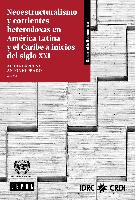 Neoestructuralismo y corrientes heterodoxas en América Latina y el Caribe a inicios del siglo XXI
by
Call Number: LC/G.2633-P/Rev.1Publication Date: abril de 2015Libros de la CEPAL, No.132
Neoestructuralismo y corrientes heterodoxas en América Latina y el Caribe a inicios del siglo XXI
by
Call Number: LC/G.2633-P/Rev.1Publication Date: abril de 2015Libros de la CEPAL, No.132 -
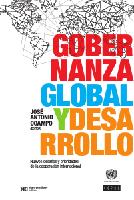 Gobernanza global y desarrollo: nuevos desafíos y prioridades de la cooperación internacional
by
Publication Date: agosto de 2015Buenos Aires: Siglo Veintiuno Editores
Gobernanza global y desarrollo: nuevos desafíos y prioridades de la cooperación internacional
by
Publication Date: agosto de 2015Buenos Aires: Siglo Veintiuno Editores
-
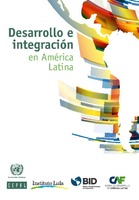 Desarrollo e integración en América Latina
by
Call Number: LC/G.2674Publication Date: diciembre de 2016
Desarrollo e integración en América Latina
by
Call Number: LC/G.2674Publication Date: diciembre de 2016 -
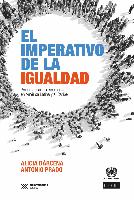 El imperativo de la igualdad: por un desarrollo sostenible en América Latina y el Caribe (2016)
by
Publication Date: mayo de 2016
El imperativo de la igualdad: por un desarrollo sostenible en América Latina y el Caribe (2016)
by
Publication Date: mayo de 2016 -
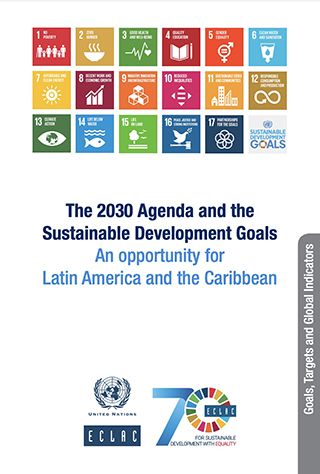 The 2030 Agenda and the Sustainable Development Goals: An opportunity for Latin America and the Caribbean
Call Number: LC/G.2681/Rev.2 - LC/G.2681/Rev.1 - LC/G.2681Publication Date: 2017-04 63
The 2030 Agenda and the Sustainable Development Goals: An opportunity for Latin America and the Caribbean
Call Number: LC/G.2681/Rev.2 - LC/G.2681/Rev.1 - LC/G.2681Publication Date: 2017-04 63 -
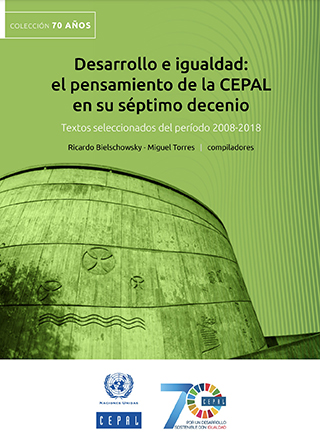 Desarrollo e igualdad: el pensamiento de la CEPAL en su séptimo decenio
by
Call Number: LC/PUB.2018/7-PPublication Date: 2018-05
Desarrollo e igualdad: el pensamiento de la CEPAL en su séptimo decenio
by
Call Number: LC/PUB.2018/7-PPublication Date: 2018-05 -
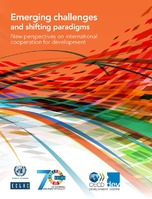 Emerging challenges and shifting paradigms: New perspectives on international cooperation for development
by
Call Number: LC/PUB.2018/16Publication Date: 2018-10
Emerging challenges and shifting paradigms: New perspectives on international cooperation for development
by
Call Number: LC/PUB.2018/16Publication Date: 2018-10 -
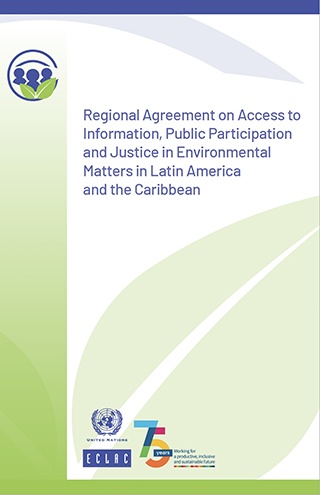 Regional Agreement on Access to Information, Public Participation and Justice in Environmental Matters in Latin America and the Caribbean
by
Call Number: LC/PUB.2018/8Publication Date: 2022
Regional Agreement on Access to Information, Public Participation and Justice in Environmental Matters in Latin America and the Caribbean
by
Call Number: LC/PUB.2018/8Publication Date: 2022
Interview (only in Spanish) with Alicia Bárcena, ECLAC Executive Secretary (2018), addresses details of ECLAC's 70 years, its history and future challenges.


